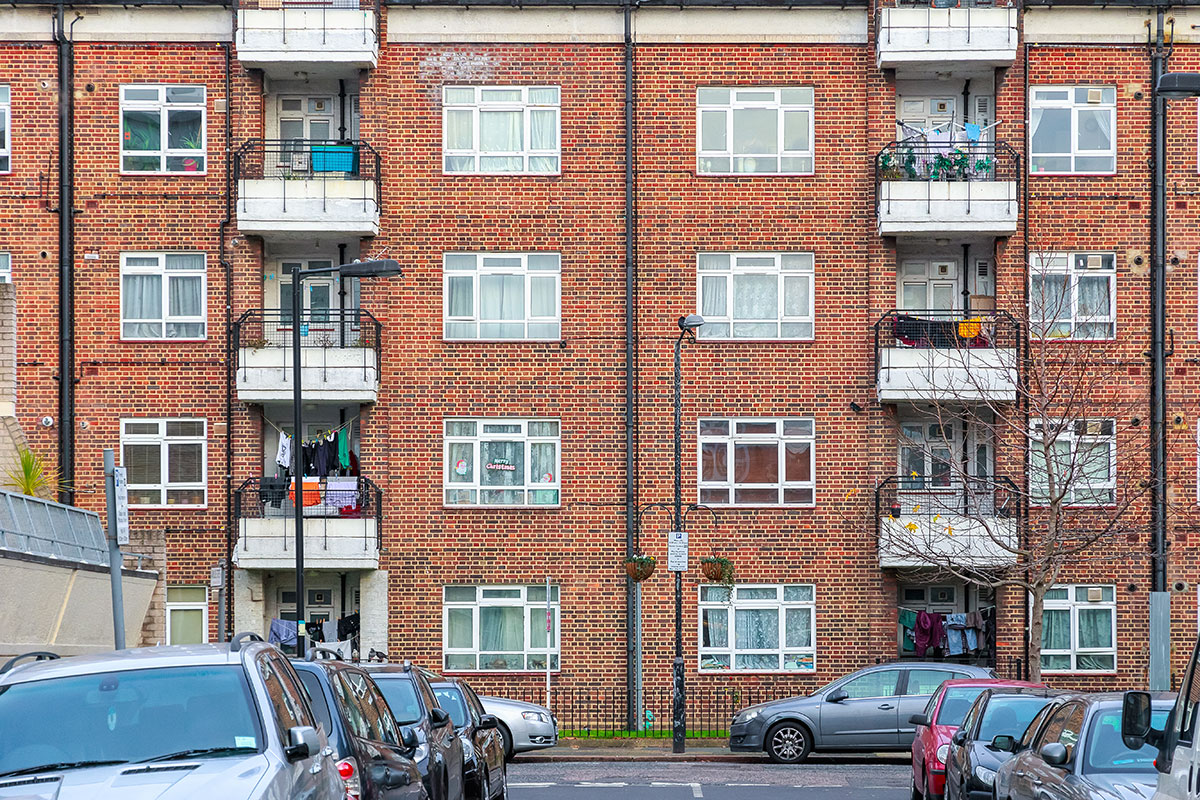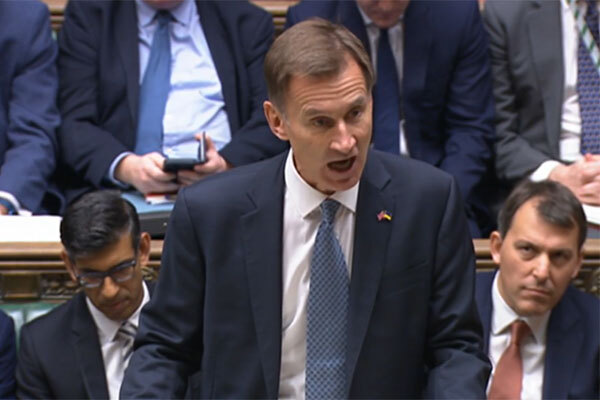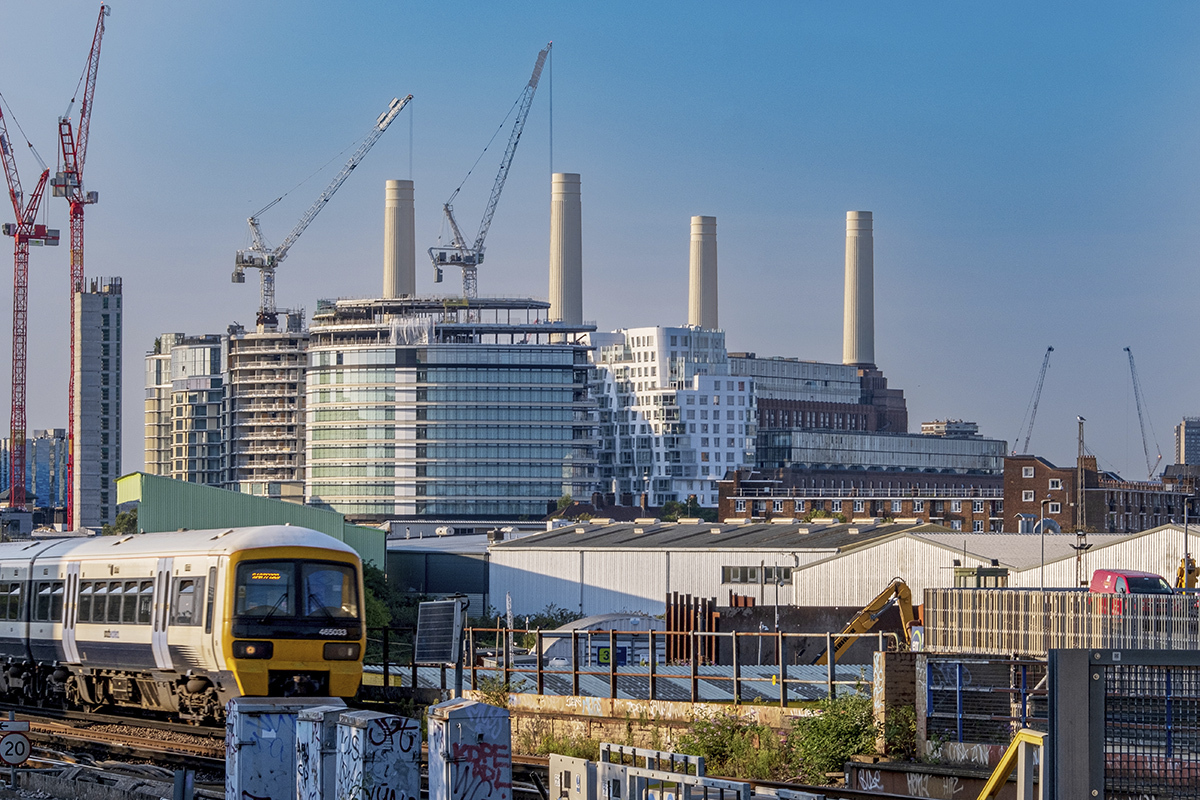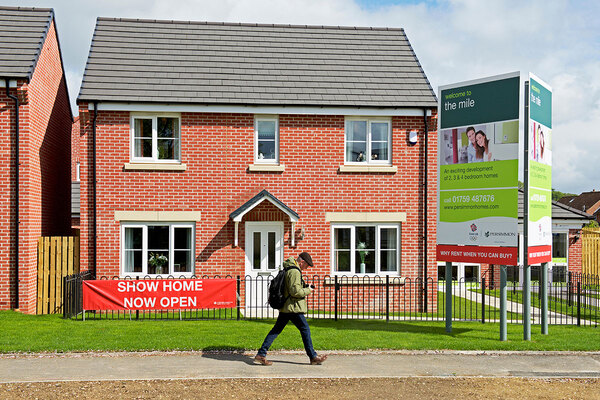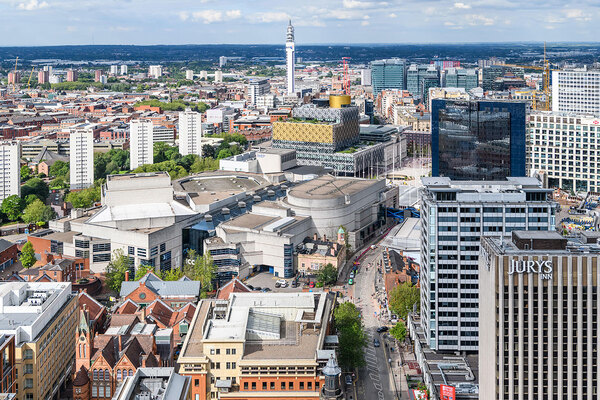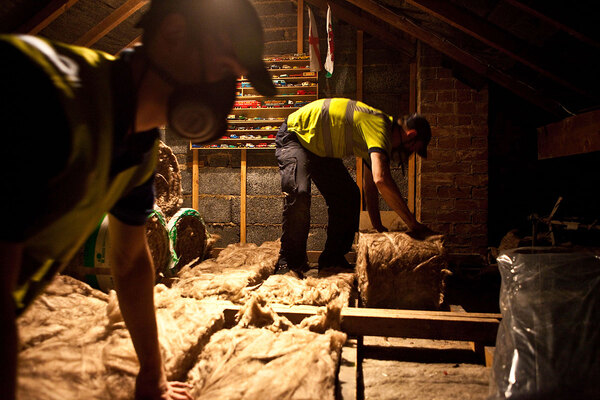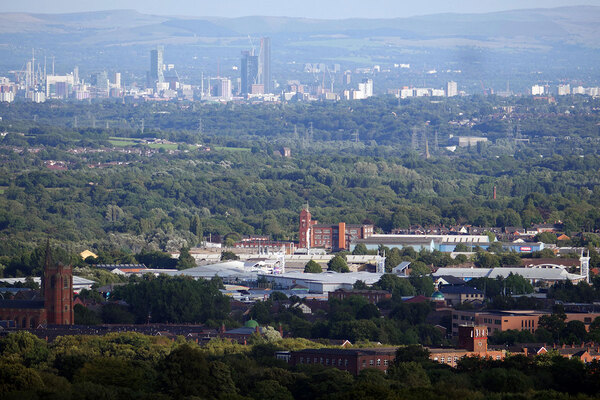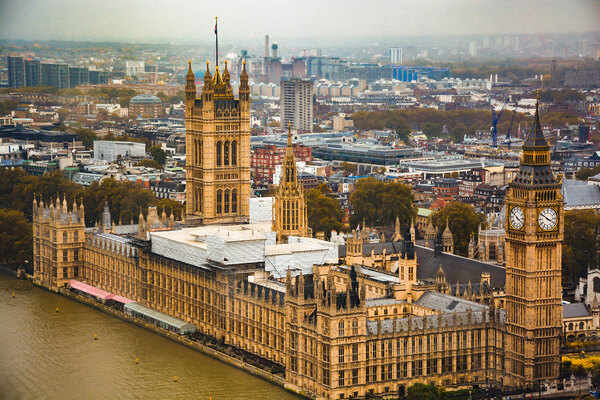Fifteen more landlords get viability downgrades as financial challenges bite
Fifteen more housing associations have been handed V2s as the regulator today unveiled a second wave of mass downgrades to reflect the current economic challenges.
In a raft of results from annual stability checks, 20 registered providers also retained their V2 status for financial viability, while 24 landlords remained at V1, the Regulator of Social Housing (RSH) revealed.
A V2 is a grade that is compliant with the RSH’s standards. It shows a landlord has an adequately funded business plan, sufficient security and is forecast to continue to meet its financial covenants. However, it does mean an organisation is considered to have less capacity to deal with adverse events.
Today’s ratings come off the back of a slew of downgrades two weeks ago, when 19 housing associations were newly rated as V2.
At the time, Jonathan Walters, the RSH’s deputy chief executive, said the results reflected the “significant economic challenges” facing the sector.
Landlords are grappling with widespread financial pressures, including rising inflation and interest rates, a shortage of labour and materials for development, and a weakening housing market.
Many organisations are also dealing with the building safety crisis, decarbonisation and repairs and maintenance of ageing stock.
A significant number of further viability downgrades are expected before the end of the year.
Among the largest providers to be downgraded to V2 today was 35,000-home Onward.
Explaining the decision, the regulatory notice said: “Additional investment will… be required to achieve energy efficiency targets, and delivery of these objectives, in conjunction with economic uncertainty in relation to inflation and interest rates, means that Onward’s capacity to respond to adverse events is reduced.”
As the Manchester-based group is investing in its stock and revising its pension arrangements, its interest cover would also be “reduced”, the RSH said.
However, the regulator concluded that Onward has “an adequately funded business plan, sufficient security in place and is forecast to continue to meet its financial covenants under a reasonable range of scenarios”.
Another large provider, EMH Group, was given a V2 for similar reasons. The regulator cited the 20,500-home group’s spending on energy efficiency and the “current economic uncertainty” as it warned this affected its ability to deal with “downside risks”. But it said it has an “adequately funded business plan, sufficient security and is forecast to continue to meet its financial covenants”.
The RSH warned one smaller landlord, 5,000-home Coastline, about its debt situation. “It is forecasting increased stock investment and energy efficiency costs, delivery of its development programme, and is carrying a proportion of variable rate debt,” the regulatory notice said.
As a result, higher inflation and interest rate pressures weakened “Coastline’s interest cover position and its capacity to manage adverse events”, the notice added.
But the RSH said the Cornwall-based group had “an adequately funded business plan, sufficient security, and is forecast to continue to meet its financial covenants”.
The RSH’s stability checks are conducted annually to look at a provider’s financial situation and assess whether its viability grade needs adjusting.
Fourteen of the 15 providers that were downgraded to V2 today retained the highest governance rating of G1. Habinteg Housing Association retained its compliant G2 grade for governance.
Associations that have been downgraded for financial viability
- Bromsgrove District Housing Trust
- Coastline Housing
- East Midlands Housing Group
- Golden Lane Housing
- Habinteg Housing Association
- Halton Housing
- Inquilab Housing Association
- Livin Housing
- Onward Group
- Plymouth Community Homes
- Prima Housing Group
- Rooftop Housing Group
- The Housing Plus Group
- Thrive Homes
- Wakefield and District Housing
*All landlords listed here retained their G1s, apart from Habinteg which kept its G2
Sign up for our regulation and legal newsletter
Already have an account? Click here to manage your newsletters
